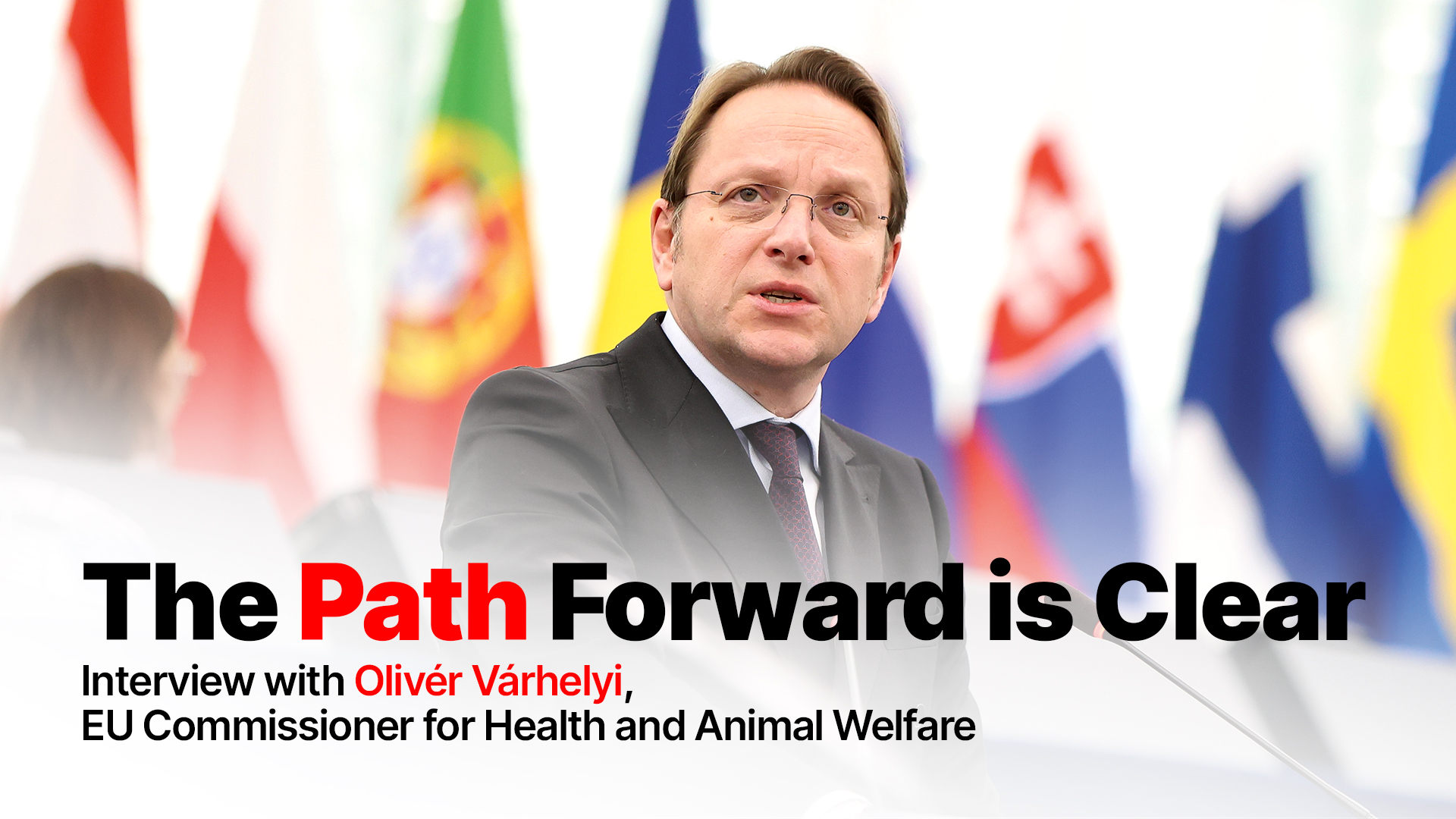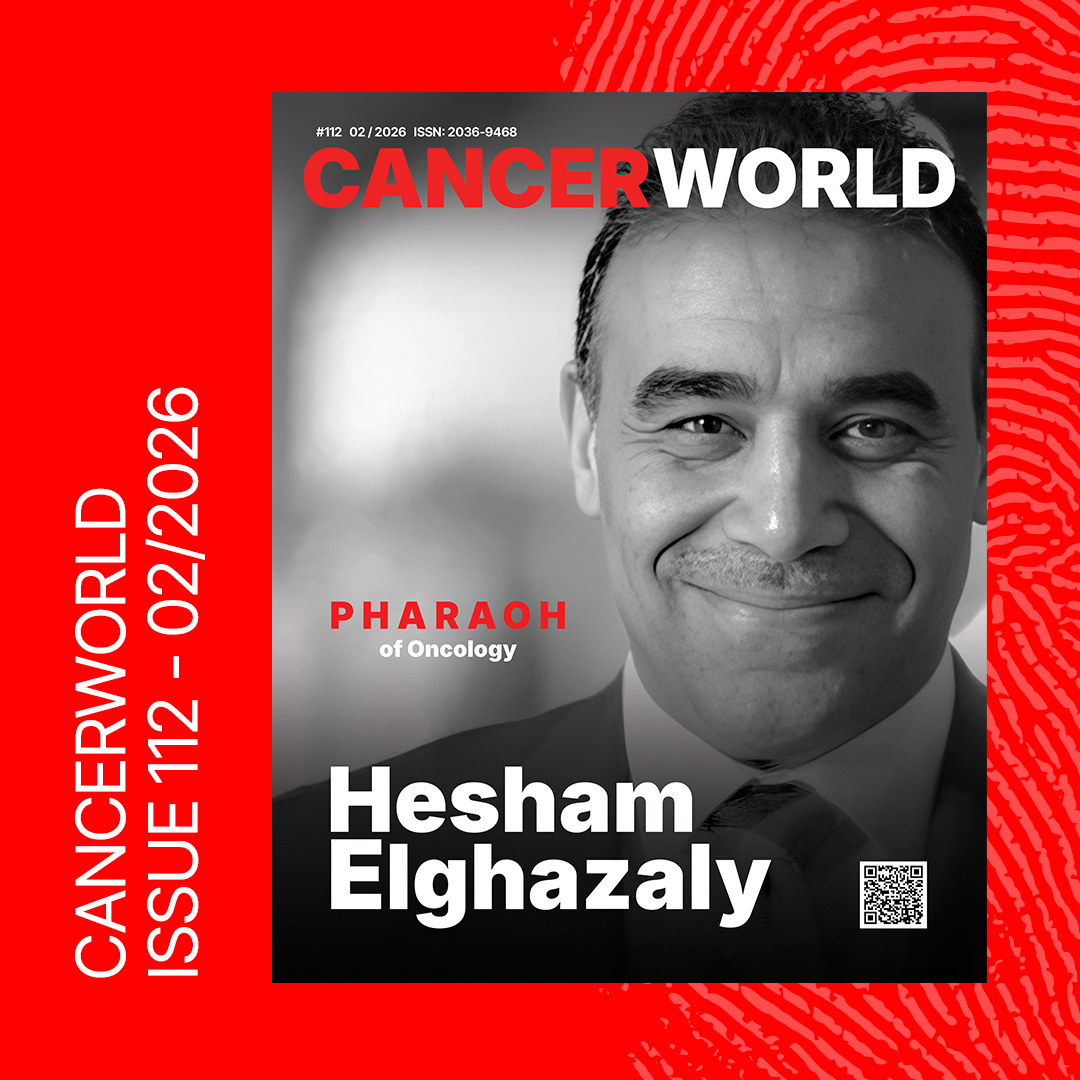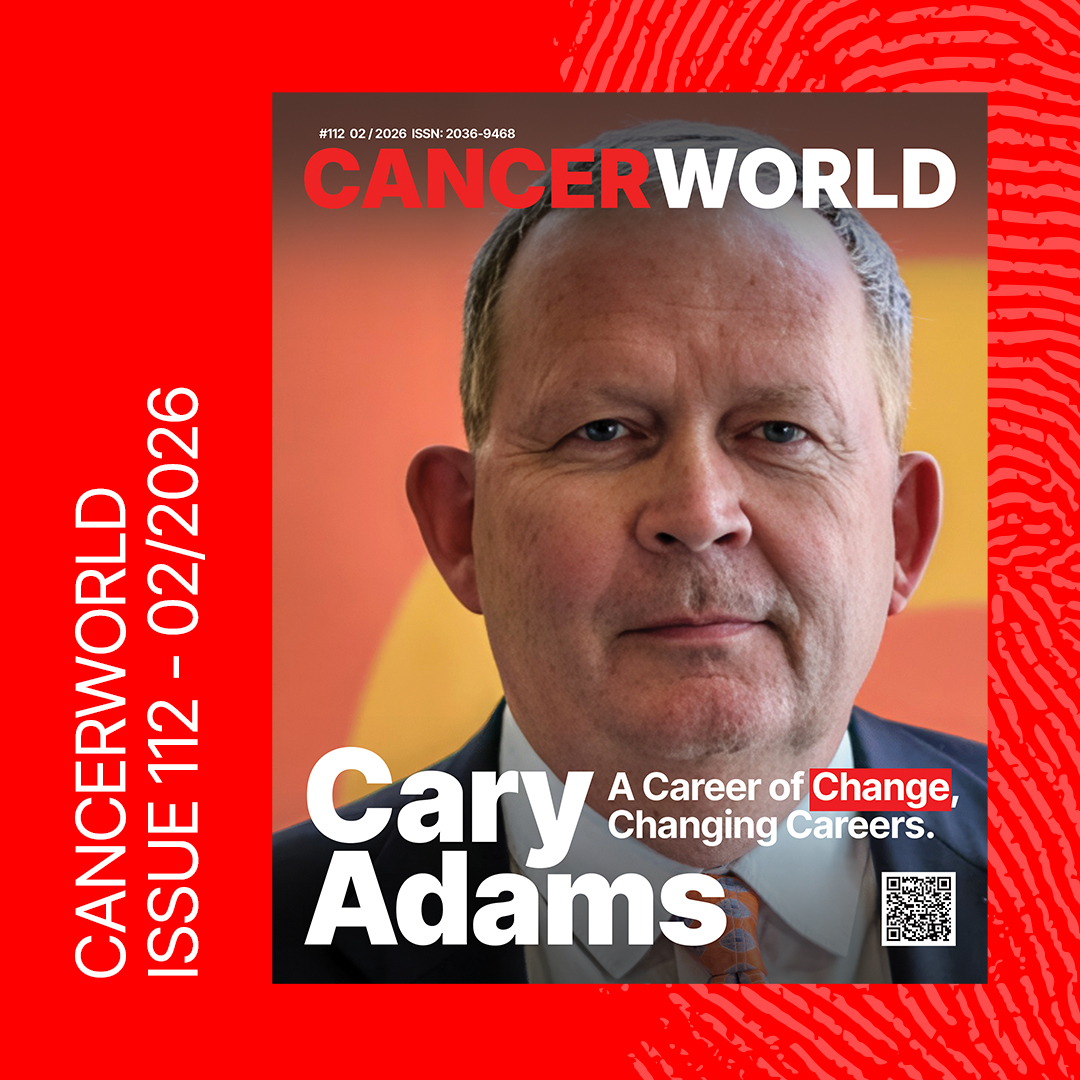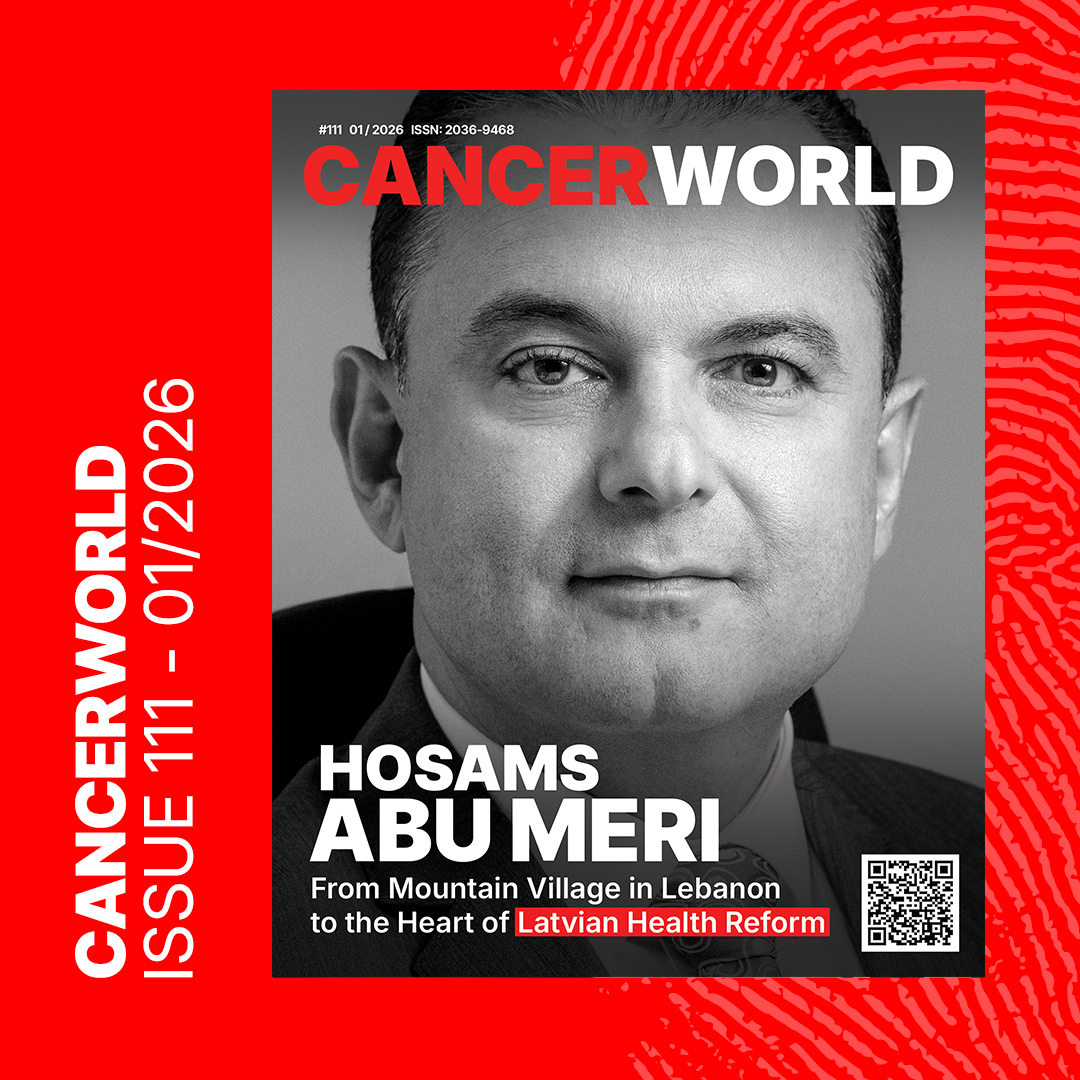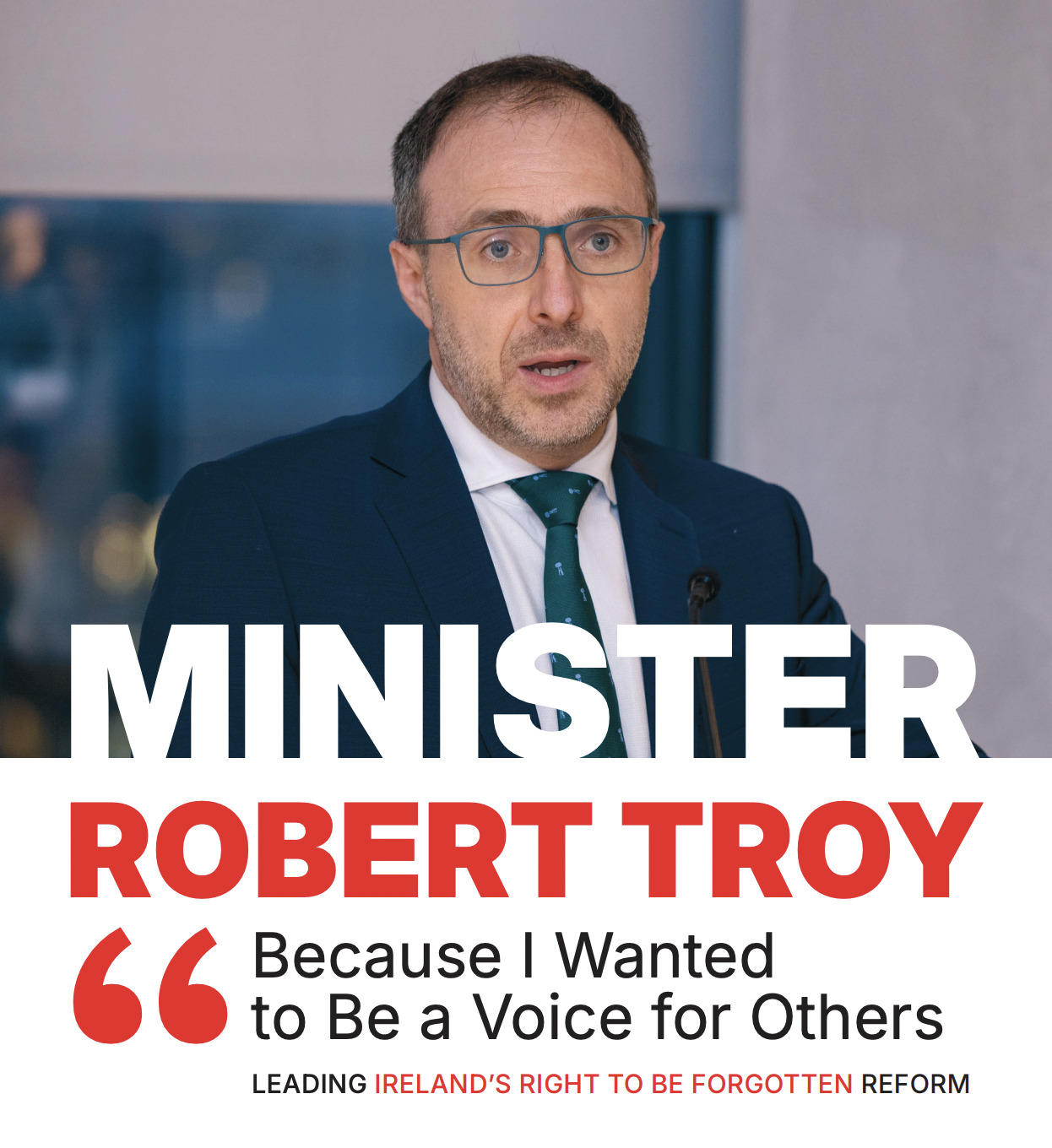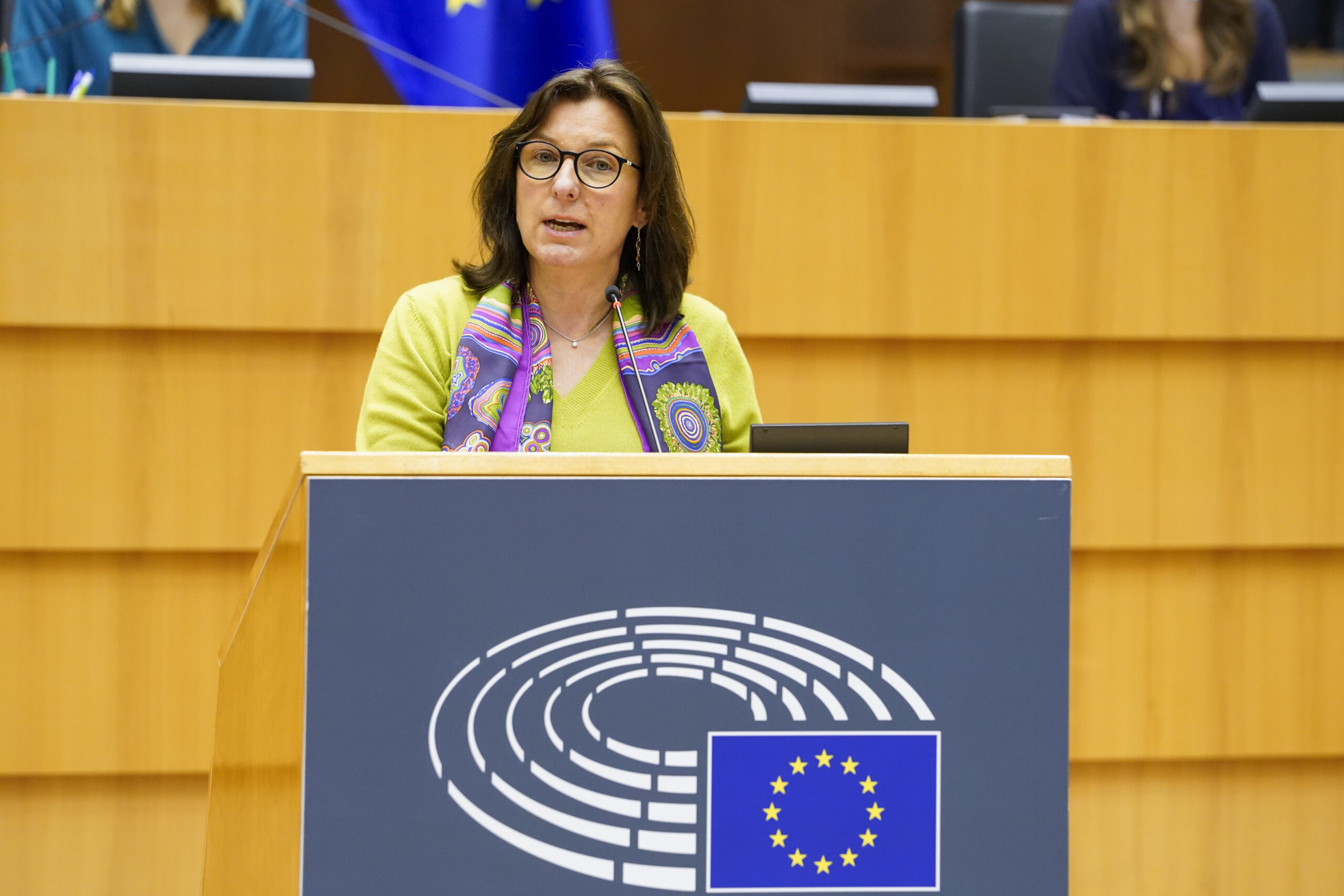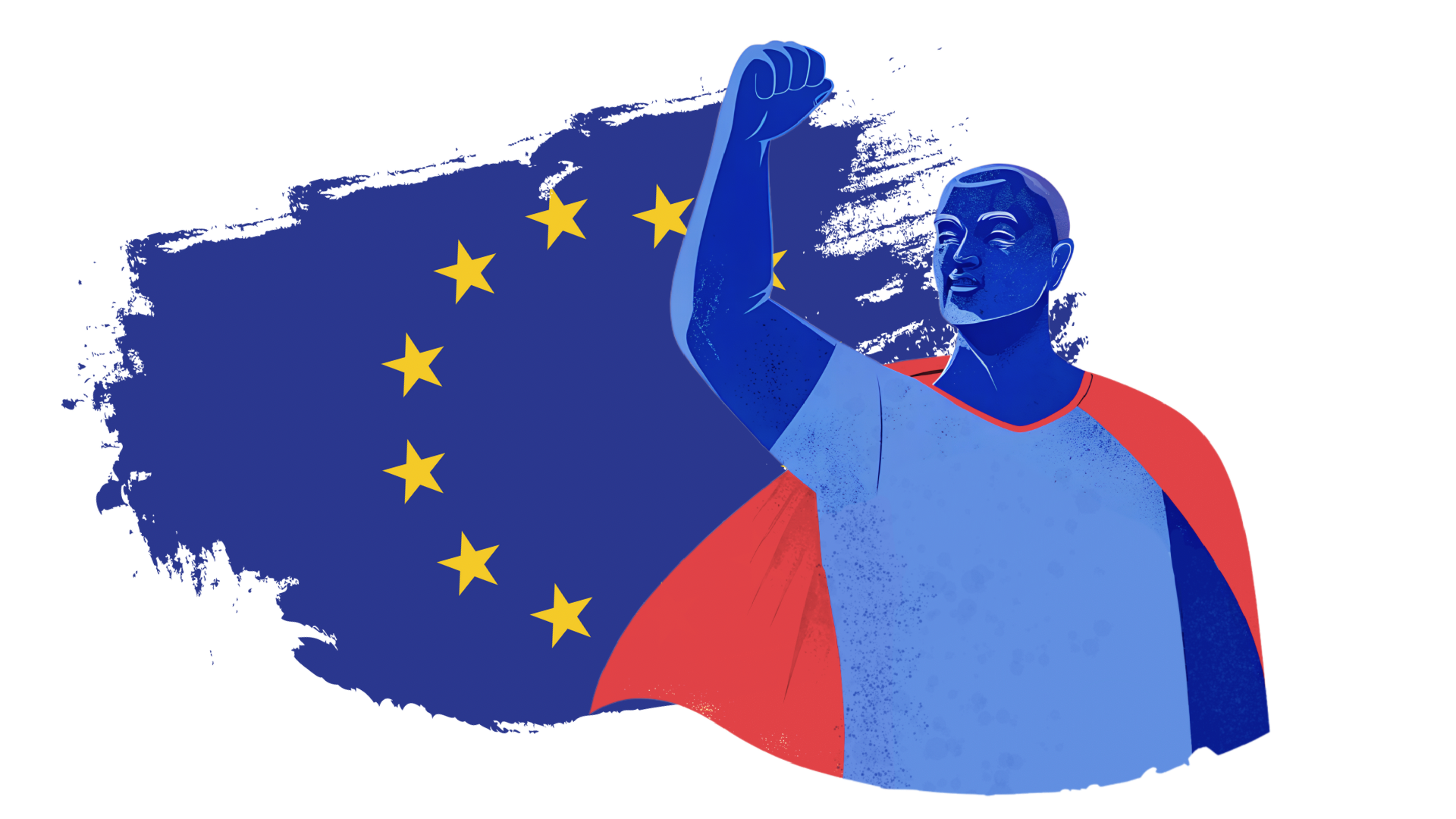Policy
Making Sense of a Decade of Progress in Advanced Breast Cancer: ABC8, Lisbon 2025
The 8th ABC International Consensus Conference (ABC8), Lisbon 2025 Over the past decade, the landscape of advanced breast cancer has changed more rapidly than at any time since systemic therapy became standard. New drug classes, more refined biomarkers, and increasingly…
Europe’s National Cancer Mission Hubs: From a Vision to Sustainable Infrastructures
European cancer policy has entered a decisive phase. After years of strategy-building, consultation, and pilot projects, the question facing policymakers is no longer whether Europe has the right ambitions, but whether it can turn those ambitions into sustainable systems that…
The European Semester on Health: Why CPE is Calling for Action on Cancer Inequalities
Across the EU, cancer inequalities are stark along the entire care pathway – prevention, screening and early detection, diagnosis and treatment, and survivorship care. HPV vaccination rates remain far below the 90% target in most countries; colorectal cancer screening ranges…
“The Path Forward is Clear”
Interview with Olivér Várhelyi, EU Commissioner for Health and Animal Welfare Image Credits: European Union 2025 - Source: European Parliament Cancer remains one of Europe’s most significant public health challenges, with incidence rising and inequalities in prevention, diagnosis, and care…
Hesham Elghazaly: Pharaoh of Oncology
When he enters the bazaar, people stand up… They stop. They smile. They love him. This kind of love has nothing to do with titles, resources, or power. It is something far rarer. It is the quiet admiration of ordinary…
Cary Adams: A Career of Change, Changing Careers.
He is passionate about the mission of UICC. *** When Cary Adams tells the story of how his career began, it doesn’t start with a calling in oncology. It starts with a teenage conversation about what might matter in the…
Hosams Abu Meri: From Mountain Village in Lebanon to the Heart of Latvian Health Reform
When Dr. Hosams Abu Meri walks into a clinic room in Latvia, patients see something very unusual. The person doing their gastroscopy or colonoscopy is not only a gastroenterologist, he is also the Minister of Health of the Republic of…
Minister Robert Troy: “Because I Wanted to Be a Voice for Others” Leading Ireland’s Right to Be Forgotten Reform
I expected to meet a Minister defined by data, evidence and pragmatism. And I did. What I did not anticipate was the depth of empathy behind those qualities, or the disarming honesty of someone who describes himself, with a smile,…
Prevent, Treat, Support: An Interview with MEP Tilly Metz
Since joining the European Parliament in 2018, Tilly Metz has emerged as one of the most prominent voices in European health and cancer policy. Representing Luxembourg for the Greens/EFA group, she has played a central role in advancing the EU’s…
Empowering Patients in Europe’s New Health Technology Assessment
Across the European Union, cancer patients often wait months, or even years, for access to promising new treatments already approved by the EMA. Now, the EU’s new Health Technology Assessment (HTA) Regulation is introducing a shared framework for evaluating new…




